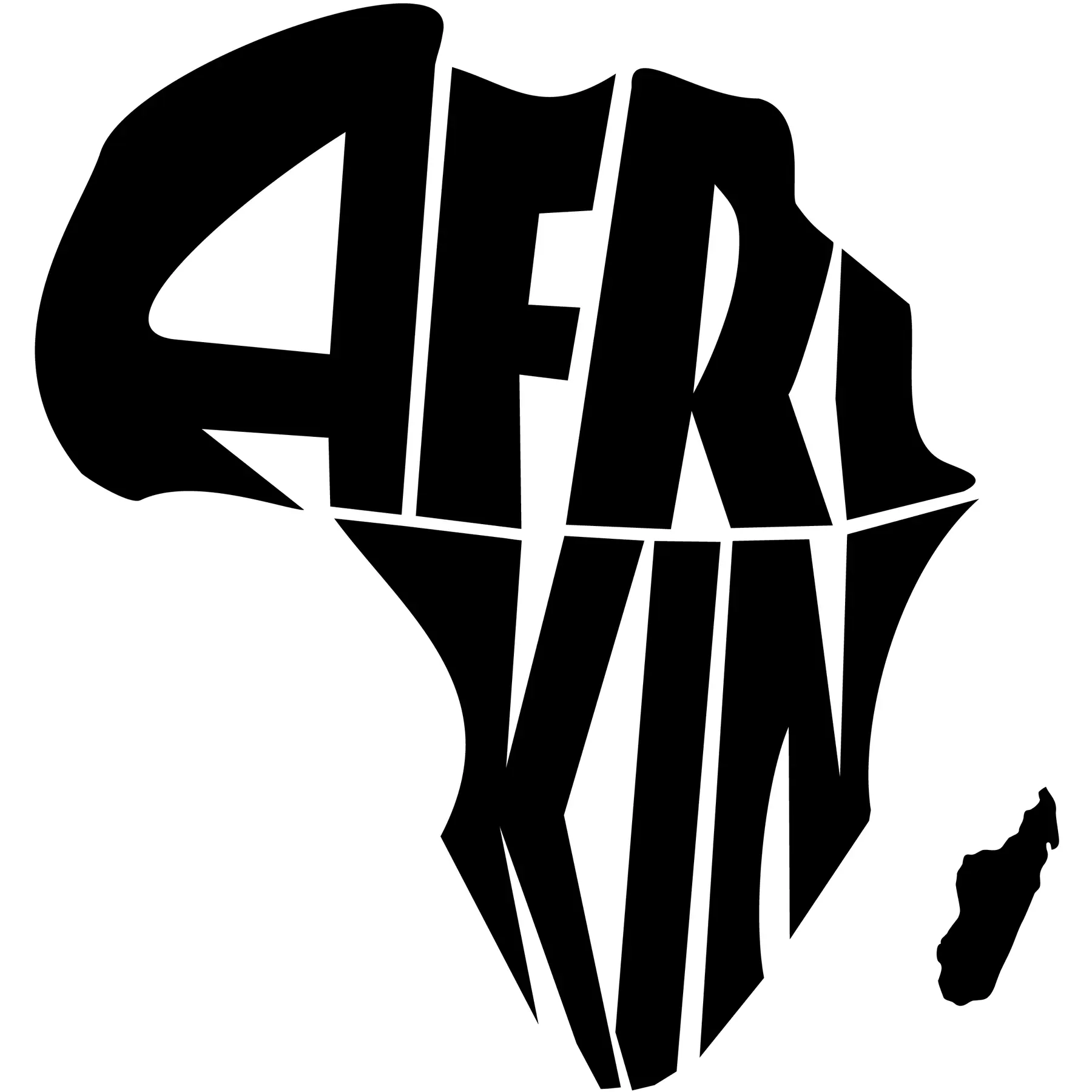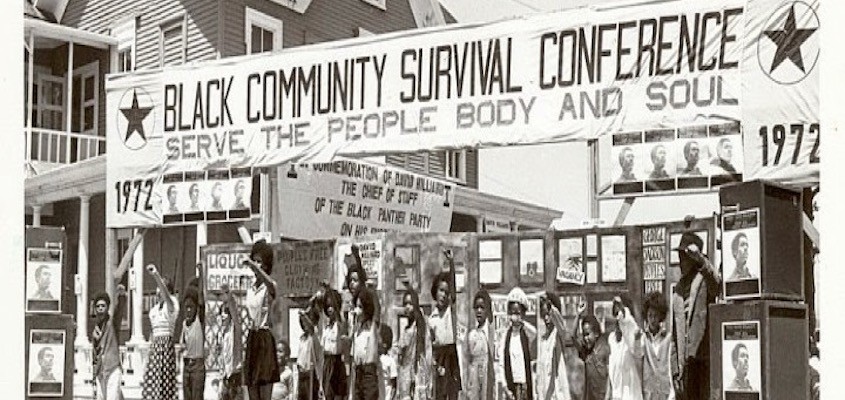BioEthics in Black Communities: Navigating Chaos, Advocating Change
In the colorful tapestry of South Florida, underserved Black communities stand out not just for their resilience and culture but for the unique ethical dilemmas they face, particularly in the realm of bioethics. This week’s blog seeks to shed light on these pressing issues, unravel the essence of chaos in fostering change, and emphasize the profound impact of emotional, psychological, and financial stress on the health of Black individuals in these communities.
BioEthics: The Personal Pulse of the Black Community
Bioethics, at its core, grapples with the moral implications of biological and medical decisions. From genetic testing to end-of-life care, these decisions often assume a universal moral standard. But, when juxtaposed against the backdrop of the Black experience in South Florida, a different narrative emerges.
Historical medical injustices, like the Tuskegee Syphilis Study, have left deep scars on the collective psyche of Black communities. The mistrust isn’t just historical; it is continually perpetuated by existing systemic biases in healthcare. This results in an emotional weight, carried silently but felt profoundly. There is a palpable fear: will I be understood, respected, and treated equitably in a system that often seems indifferent to my pain?
Chaos and Change: Two Sides of the Evolutionary Coin
The Case for Chaos:
Chaos, though disruptive, can be seen as a necessary precursor to change. It shakes up stagnant systems, forces communities to confront age-old biases, and challenges individuals to adapt and grow. Like a forest fire, which devastates but also clears the way for new growth, chaos can reset societal parameters (our hearts are still with those in Maui). In this view, the tumultuous phases underserved Black communities face can be the catalysts for a brighter, more equitable future.
The Case Against Chaos:
Others argue that chaos, especially in communities already under duress, only adds to the burden. It magnifies emotional, psychological, and financial stress, potentially eroding community bonds and making the path to positive change even more challenging. Instead of seeking chaos, this viewpoint stresses the need for gradual, deliberate shifts in policy and perspective to bring about sustainable change.
Embracing Both Perspectives:
While chaos can be the spark that ignites transformation, unchecked chaos without a structured response can be destructive. It’s essential to strike a balance: embrace the upheavals that challenge oppressive systems while ensuring there’s a strong, supportive framework in place to navigate these turbulent waters.
The Silent Strains: Emotional, Psychological, and Financial Stress
In South Florida’s underserved Black communities, the stress trifecta – emotional, psychological, and financial – is an everyday reality. Each one, on its own, can take a toll on health; combined, their impact can be devastating.
Emotional stress, stemming from personal and communal experiences of prejudice, can lead to chronic conditions like hypertension.
Psychological stress, born from the daily grind of surviving in a system that often feels stacked against you, can result in mental health issues like depression or anxiety.
And financial stress, perpetuated by income inequalities and limited access to opportunities, can lead to a myriad of health complications, from malnutrition to chronic illnesses.
So in Conclusion
Change, whether borne from chaos or gradual shifts, is inevitable. However, as we advocate for change in the bioethical landscape of Black communities in South Florida, we must remain acutely aware of the emotional, psychological, and financial tolls these communities bear. Their experiences, fears, and hopes should be at the forefront of every discussion, every decision, and every step forward.
In the end, true change will come not just from understanding these issues but from deeply empathizing with those affected by them. Only then can we hope to build a future that genuinely serves all its members, regardless of race or economic status.
__________________________________________
AfriKin: A Beacon of Hope, Engagement, and Change
Amid the whirlwind of bioethical dilemmas and systemic challenges faced by the Black communities in South Florida, AfriKin stands as a testament to the power of collective effort. Our mission is more than just dialogue; it’s about proactive engagement, education, and the fostering of understanding on both a local and global scale.
AfriKin’s activations don’t merely skim the surface. We delve deep into the pressing issues, facilitating a platform for the voices that need to be heard the most. By bringing in community leaders and scholars, AfriKin ensures that the narrative remains enriched, informed, and forward-thinking. Our insights shine a spotlight on potential paths forward, ensuring that solutions are not just theoretical but actionable and relatable.
Workshops play a pivotal role in AfriKin’s community-centered approach. These aren’t just informational sessions; they’re transformative experiences, designed to equip attendees with the knowledge, tools, and confidence to bring about tangible change. Preparing communities is a mammoth task, but AfriKin understands that the foundation of any societal shift lies in the empowerment of its individuals.
With the ethos that “the work starts at home,” AfriKin isn’t merely an organization—it’s a movement. It’s a testament to the understanding that while external help is valuable, the most potent transformations arise when a community recognizes its own ingenuity and promise.
Our programs are holistic, aiming to address the multifaceted challenges the community faces. From food security and homelessness to education through the arts, every initiative seeks to provide solutions that heal, uplift, and empower. The arts, in particular, provide an expressive avenue, helping individuals narrate their stories, voice their concerns, and imagine a brighter future.
In conclusion, as South Florida navigates the intricate web of bioethical concerns, financial hardships, and socio-cultural challenges, AfriKin emerges as a beacon of hope. Through our unwavering commitment, AfriKin embodies the spirit of unity, resilience, and progress, showcasing that with concerted effort and understanding, a brighter and more equitable future is within reach.
__________________________________________
Plan out your wellness for the holidays much?
Holidays are approaching, and that means love handles, and emotional overeating, and over-drinking. The next 70+ days will make or break a lot of people before they even start their New Year’s resolutions, but that’s poor planning served up on a silver platter. What if you could get ahead of tomorrow’s resolution with a solution today?
Understand this, it takes 28 days to develop a new habit, so why weight? Because you have 2 holidays centered around the consumption of food, and less than 28 days between each that conditions many of us to binge on food and drink like drug addicts, and reports show that on New Year’s Day, cardiac-related cases occur at higher rates than any other time of the year from preventable means. Read that again, preventable means. 1 month really is not enough preparation time to develop healthy habits if you don’t have them already.
Who controls what you eat even if you are taking medications? Who is keeping you on your cholesterol-restrictive diet? Who is keeping you accountable to get up, do some breath work, drink your water or teas, take your herbs, go for a run, walk, bicycle ride, stretch, get at least 5 hours of sleep and have a healthy poop daily? That’s what personalized health wellness coaching is all about.
Sign up today so that when the 1st of January arrives, not only are you alive, but thriving!
We are not doing this for the weight, HOWEVER, If I showed you how healthy weight is an indicator to reduced risks of hypertension, high cholesterol, diabetes, inflammatory disorders, cancer, or autoimmune disorders, WOULD YOU sign up for the 90-day challenge?
I’ve got ways to help you help and heal yourself so why not let the inches off your neck, arms, waistline, or thighs be your reward for managing, or completely reversing your pre-existing conditions if you got them.
Besides, what and how you eat, and how much time you spend on activities that keep you spending more time with your family and friends, and less time in urgent or emergency care matter most.
Make the time to be healthy, or you will be forced to make time for your disease!
Contact me for more details.
Best regards,
Prince El
Wellness Coach | DAOM | Financial Planner

